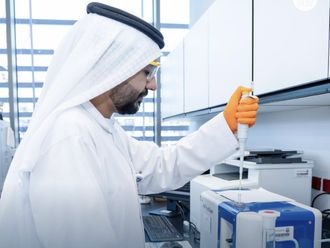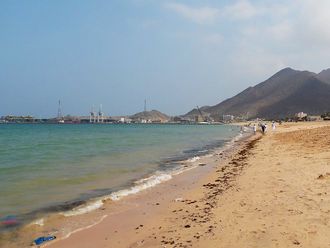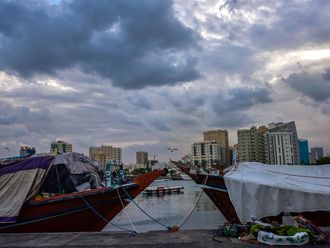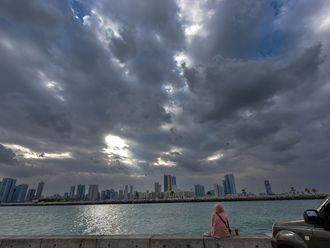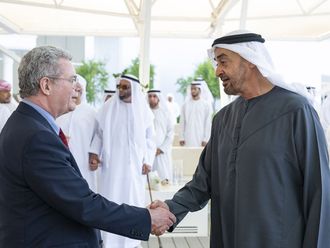Abu Dhabi: As the population of the UAE grows, so does its need for more water, which is why the country is investing in creating new and innovative technologies for water desalination, a conference heard on Monday.
The International Desalination Workshop (IDW), which was hosted by Masdar Institute in Abu Dhabi, was the ninth edition of the conference and brought together scientific experts from around the world to discuss the latest research and development in the field of desalination.
“The reliance on desalinated water for use in the UAE has only increased over the past number of years. Average consumption of water in the UAE has reached 550 litres per person, per day, a figure that far surpasses the global average of 170-300 litres per day,” said Dr Behjat Al Yousuf, Interim Provost at Masdar Institute, highlighting the heavy consumption of water in the UAE.
“We are working to meet the challenges posed by this increasing consumption through pioneering research at Masdar Institute … the institute has been focusing on four broad research themes — energy, systems engineering, advanced materials and water. As one of the foremost centres of innovation in the Middle East region today, it is up to us to provide solutions to this increased need for water that are sustainable and less energy-intensive than current desalination methods and technologies,” she added.
Dr Al Yousuf also said that Masdar Institute, along with its international partners, was on course for having renewable energy-powered desalination for Abu Dhabi by 2020.
“Our largest desalination related project is a collaboration between the institute, Masdar and five international companies and was launched at the Ghantoot Desalination Plant during Innovation Week in November 2015. The programme consists of four projects conducting innovative research on a number of desalination methods and techniques. The project aims to provide full scale renewable energy-powered desalination to Abu Dhabi by 2020,” she said.
Dr Hassan Arafat, Professor, Water and Engineering at Masdar Institute and Co-Chair of IDW, said that cleaner desalination methods were also important in the fight against global warming.
“If we look at the Gulf region as an example, a good portion of our energy portfolio goes toward desalination so if we can use non-renewable energy for this process we can then reduce the carbon emissions which in turn have a benefit on the environment,” he explained.
Dr Arafat also said that society would have its role to play by changing personal habits to help deal with water security.
“The population can help by reducing their water footprint. At the end of the day the water that is being desalinated and all the research and technologies going into this field is to make sure the water gets to the community, so they can also do their part by trying as much as possible to lessen their use of water and energy,” he said.


